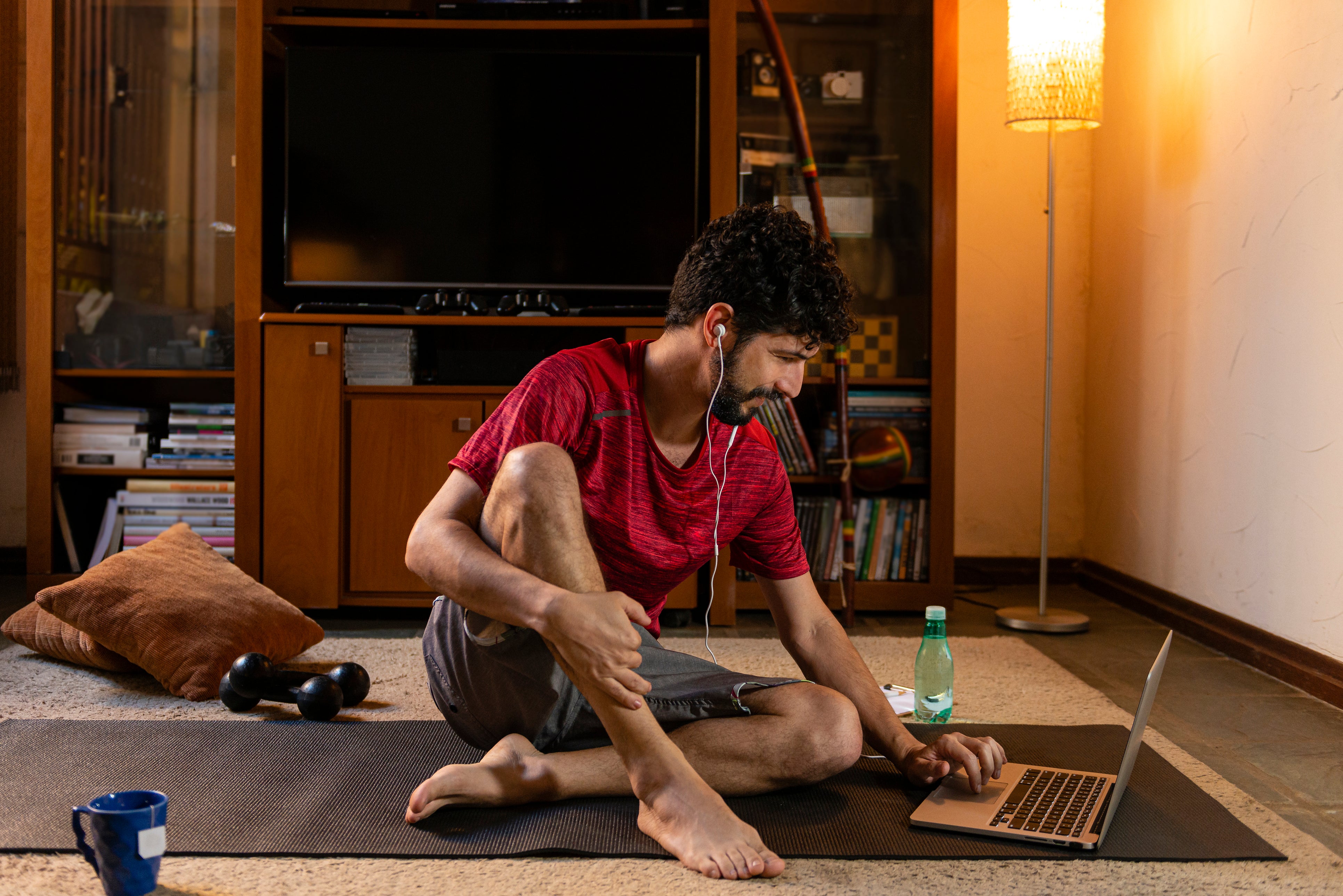Wasting money on lockdown subscriptions you no longer use?
We’ve ‘wasted’ £300 million on unused subscriptions and hobbies since March 2020, new research estimates. Vicky Shaw takes a look.

Your support helps us to tell the story
From reproductive rights to climate change to Big Tech, The Independent is on the ground when the story is developing. Whether it's investigating the financials of Elon Musk's pro-Trump PAC or producing our latest documentary, 'The A Word', which shines a light on the American women fighting for reproductive rights, we know how important it is to parse out the facts from the messaging.
At such a critical moment in US history, we need reporters on the ground. Your donation allows us to keep sending journalists to speak to both sides of the story.
The Independent is trusted by Americans across the entire political spectrum. And unlike many other quality news outlets, we choose not to lock Americans out of our reporting and analysis with paywalls. We believe quality journalism should be available to everyone, paid for by those who can afford it.
Your support makes all the difference.Subscription services have helped many of us get through the lockdowns over the past year, keeping our minds entertained and our bodies active.
But new research suggests many people are wasting significant sums of cash on services they’ve lost interest in, or no longer use.
A collective £300 million has been wasted since March 2020 on subscriptions and hobbies, Direct Line Life Insurance estimates.
Perhaps this is due to some people splashing out cash on a hobby they then grew tired of, or just keeping a subscription going in the hope that they’d become interested in it again.
For those who agree they are wasting cash in this way, according to the research, people typically feel they’re throwing away £10 a month on hobbies they’re not actually doing, or £15 a month on unused services. Over the course of a year, that’s a significant sum of money.
The insurer made the calculations following a survey of 2,000 people across the UK in January. Less than half (44%) of those who signed up to a subscription service over lockdown actually continue to use it now, the research found.
A similar story is emerging for hobbies. Nearly a fifth (19%) of people who started a new hobby in lockdown gave up after a few tries, while only 50% are still doing the hobby now.
So, why don’t we just cancel them? One of the reasons many people seem to be continuing to pay for services they aren’t using is due to FOMO (fear of missing out).
Around a fifth (18%) of those who kept paying for a service say they didn’t want to feel left out in their friendship group or family – perhaps because everyone was talking about it on Zoom And a further 18% stopped using the service, but kept paying because they thought it would encourage them to use it more.
The most popular subscription services during the first lockdown were TV and film streaming services, followed by music and gaming, the research found.
Alongside this, households have been splashing out on meal box subscriptions and exercise classes to keep themselves entertained and active.
Looking at hobbies, the research found that it was most common for people to have taken these up in early 2020, around the start of the first lockdown. One in 10 (10%) developed a baking habit, while a further 10% took up gardening and another 10% tried to read more.
The survey also found the type of hobbies we’re interested in appears to be changing – perhaps due to some people having baked one banana loaf too many! In the more recent lockdowns, people have been turning to arts and crafts as a hobby, the research found.
Vincent Guadagnino, communications manager at Direct Line Life Insurance, says: “It’s understandable that so many of us have signed up to various subscription services in lockdown to keep ourselves entertained in such a testing time.
“Many businesses have done well to pivot to offering delivery services, and the subscription model is a popular one, with food boxes, coffee subscriptions, reading clubs all available to sign up to.
“While many have maintained hobbies or still use subscriptions, as restrictions change and we are able to leave home more, it may be that some of these services or hobbies are used less frequently.
“It’s important to check your finances regularly, to make sure you are still using the services you are paying for and cancel them if not, as these relatively small amounts can add up over time.”